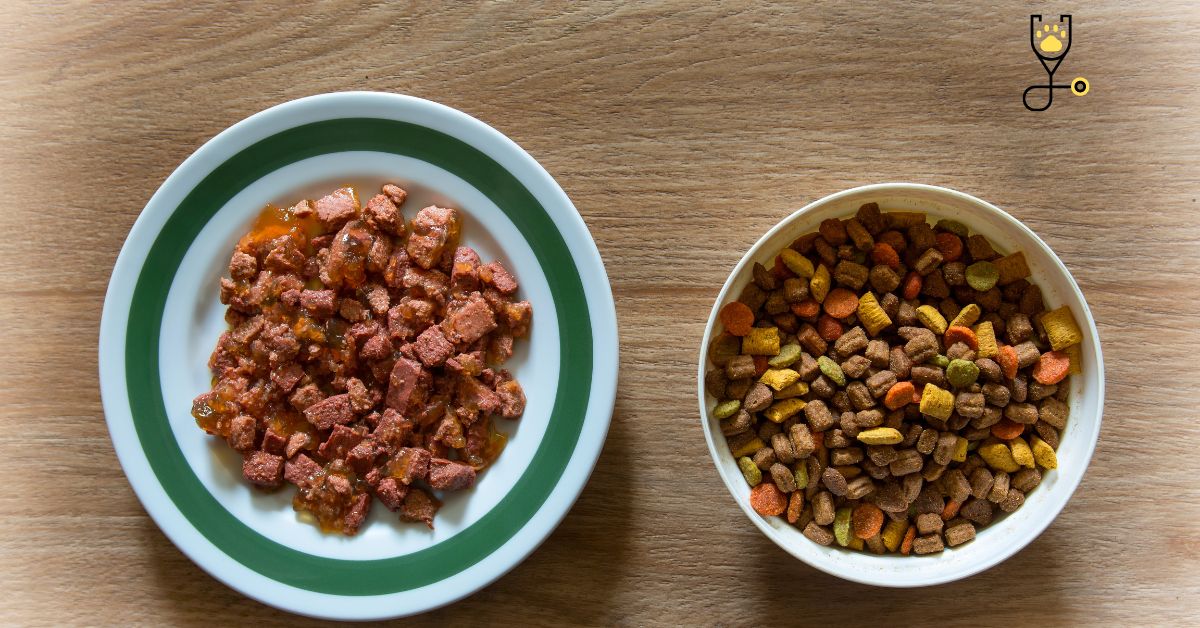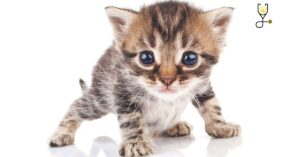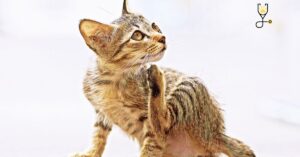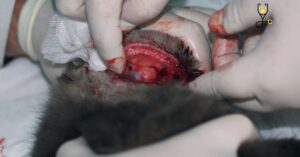We all know that cats are obligate carnivores and that their diets should consist of mostly meat. However, did you know that a lot of cat foods also include meat byproducts? Many people are surprised to learn what exactly is included in “meat byproducts.” In this blog post, we will discuss what meat byproducts are, where they come from, and why they are used in cat food. We will also explore the potential risks associated with feeding these ingredients to our feline companions. So, if you’re curious about meat byproducts and want to learn more, read on!
What Are Meat Byproducts?
Meat byproducts are defined as “any parts of an animal other than meat.” This includes organs, bones, and connective tissue. Meat byproducts can come from any animal, including cattle, pigs, chickens, and fish. These ingredients are typically sourced from animals that have been slaughtered for their meat.
How Much Protein Does Your Cat Need?
The amount of protein your cat needs will vary depending on their age, health, and activity level. In general, adult cats need about 30% protein in their diet. Kittens and senior cats may need a bit more or less than this, depending on their individual needs. You can find out how much protein your cat needs by asking your veterinarian. They will be able to give you specific recommendations based on your cat’s individual needs. When it comes to choosing cat food, it’s important to look for formulas that meet your cat’s protein requirements. Foods that are high in meat byproducts may not be the best choice for every cat. If you’re unsure about which formula is best for your cat, ask your veterinarian for help. They will be able to recommend a food that meets your cat’s individual needs.
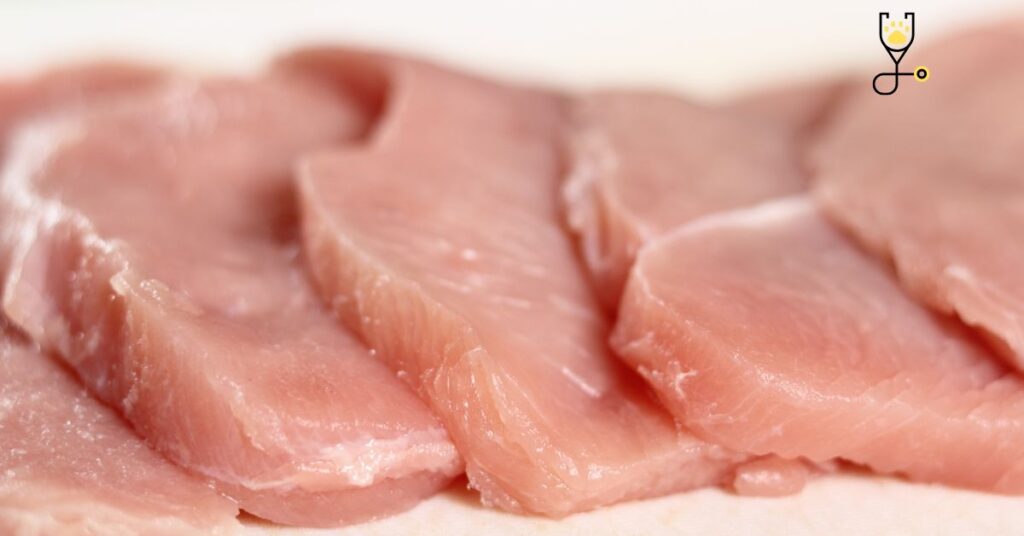
Why Are Meat Byproducts Used in Cat Food?
There are a few reasons why meat byproducts are used in cat food.
– First, they are a source of protein. Cats require a lot of protein in their diet, and meat byproducts can help to meet this need.
– Second, they are relatively inexpensive. Meat byproducts are usually less expensive than meat, so they can help to keep the cost of cat food down.
– Third, they are a source of essential nutrients. Meat byproducts contain essential nutrients like fat and vitamins that are necessary for a cat’s health.
– Finally, they can help to make cat food more palatable. Some cats may be picky eaters and prefer the taste of food that contains meat byproducts.
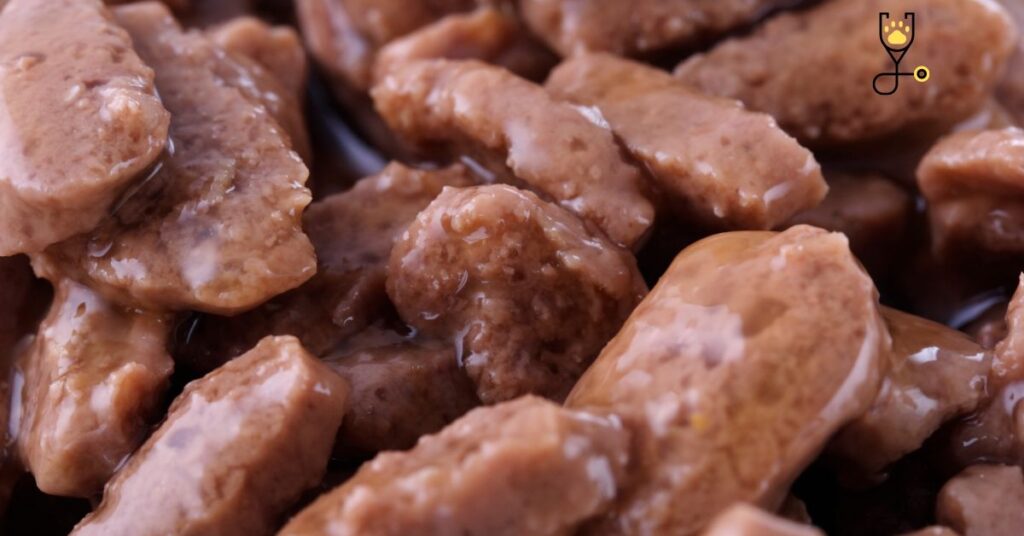
Potential Risks Associated With Feeding Meat Byproducts to Cats
There are a few potential risks associated with feeding meat byproducts to cats.
1. Allergies: Some cats may be allergic to certain byproducts, such as chicken or fish. If your cat is allergic to a particular byproduct, it’s important to avoid foods that contain that ingredient.
2. Illness: Meat byproducts may be contaminated with bacteria or other pathogens. These contaminants can make your cat sick.
3. Nutritional Deficiencies: While meat byproducts do contain some nutrients, they are not a complete and balanced source of nutrition. Feeding your cat a diet that consists mostly of meat byproducts can lead to nutritional deficiencies over time.
4. Obesity: Meat byproducts tend to be high in fat and calories. Feeding your cat too many of these ingredients can lead to weight gain and obesity.
Learn More: 12 Reasons Why Do Cats Chase Lasers?
5. Ethical Concerns: Some pet parents may have ethical concerns about feeding their cats meat byproducts. These ingredients are typically sourced from animals that have been slaughtered for their meat. As a result, some pet parents believe that feeding their cats foods that contain meat byproducts is cruel and inhumane.
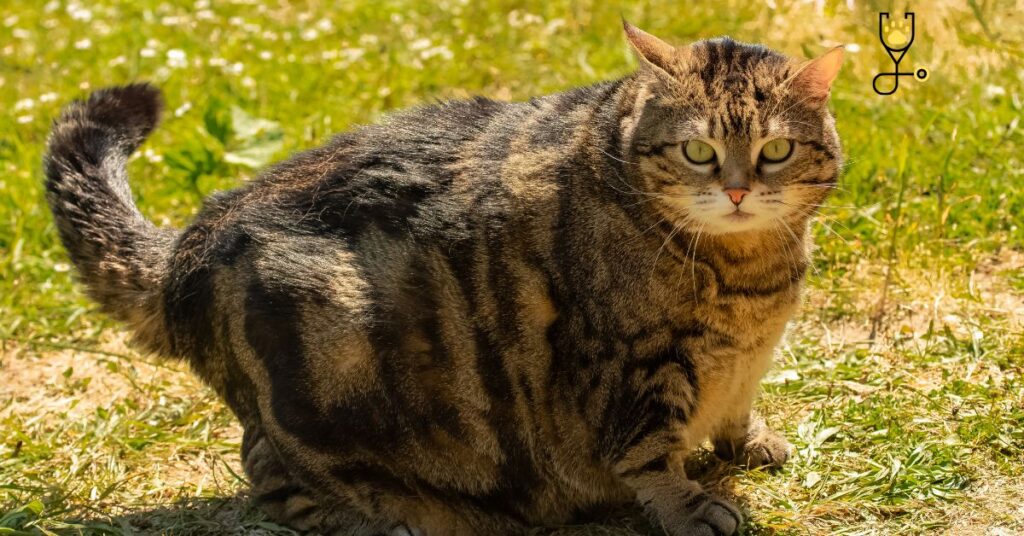
Should You Feed Your Cat Foods That Contain Meat Byproducts?
The decision of whether or not to feed your cat foods that contain meat byproducts is a personal one. Some pet parents choose to avoid these ingredients, while others feel comfortable feeding them to their cats. If you do decide to feed your cat foods that contain meat byproducts, it’s important to do so in moderation. These ingredients should make up no more than 10% of your cat’s diet. As a general rule, you should always avoid foods that contain unnamed or generic meat byproducts. These ingredients could come from any animal, and they may not be of the highest quality. When it comes to choosing cat food, there are a lot of factors to consider. The ingredients list is one of the most important things to look at. If you see meat byproducts listed, you now know what that term means and some of the potential risks associated with feeding these ingredients to your cat. Ultimately, the decision of whether or not to feed your cat foods that contain meat byproducts is up to you. Just be sure to do your research and make an informed decision that is best for your furry friend!
Conclusion
In conclusion, meat byproducts are a common ingredient in cat food. There are a few reasons why they are used, but there are also some potential risks associated with feeding these ingredients to your cat. Ultimately, the decision of whether or not to include these ingredients in your cat’s diet is a personal one. Just be sure to do your research and make an informed decision that is best for your furry friend!
Frequently Asked Questions
Q: What are meat byproducts?
A: Meat byproducts are parts of animals that are not typically consumed by humans. These ingredients can include organs, bones, blood, and other tissues.
Q: Are meat byproducts bad for cats?
A: There is no definitive answer to this question. Some pet parents avoid feeding their cats foods that contain these ingredients, while others feel comfortable doing so. It’s important to do your research and make an informed decision that is best for your furry friend!
Q: Where do meat byproducts come from?
A: Most meat byproducts come from animals that have been slaughtered for their meat. These ingredients may be sourced from any animal, including cows, pigs, chickens, and others.
Q: Should I avoid all foods that contain meat byproducts?
A: Not necessarily. Some pet parents feel comfortable feeding their cats these ingredients, while others avoid them altogether. If you do decide to feed your cat foods that contain meat byproducts, just be sure to do so in moderation. These ingredients should make up no more than 10% of your cat’s diet.
Q: What are some alternative ingredients I can feed my cat?
A: If you’re looking for alternatives to meat byproducts, there are a few options. You could choose a cat food that contains named meat sources, such as chicken or beef. You could also opt for a plant-based diet. There are a variety of plant-based cat foods on the market that are specifically formulated to meet your cat’s nutritional needs. Just be sure to do your research and choose an option that is best for your furry friend!

